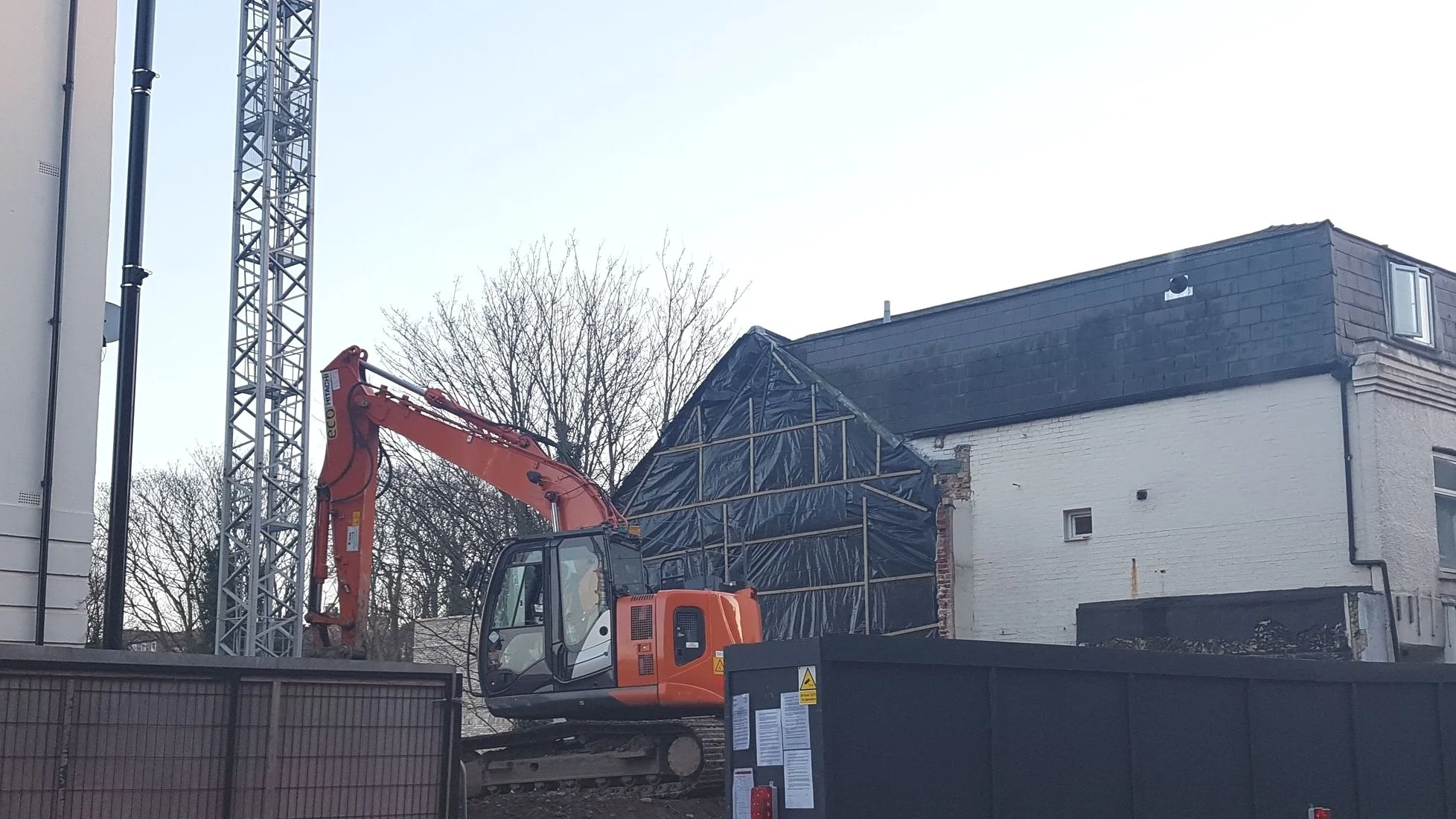What if I consent to notice?
Should I consent or dissent? What is the risk?
You may have just received a daunting looking Party Structure Notice through your door asking you to consent to the building works next door. What do you do? If you dissent your neighbours may be annoyed with you because you’ve cost them more money. If you consent do you lose your protection under the Party Wall Act?
Let’s look at this in more detail….
Fundamental Protection Under the Party Wall Act
Fundamental protections guaranteed under the Party Wall are invoked (brought into being) AS SOON AS NOTICE IS SERVED. This means that once you receive your Notice the Building Owner is liable to pay for all damages and you are allowed to use the Party Wall Act (the Act) as the framework to claim these damages.
The act gives you many rights as soon as the Notice is served. These include;
Compensation for;
Damage incurred by the building works.
Unnecessary inconvenience to the adjoining owner during building works.
Any costs related to installation, removal or damage from temporary construction for the protection of their land or building.
After consent..
This means that even after consent is given disputes relating to damages, fees or deviation from the proposed plans may be resolved through the dissent process outlined in the Act.
As the Party Wall Act was designed to alleviate the strain on the civil courts due to claims of damage, it should be noted that the Act is primarily designed as a method to resolve claims of damage rather than protect your building from damage caused by construction works
Why do people choose to dissent?
So … if the Act always protects neighbours by allowing them the claim for damages, why do people dissent to the proposed works and request a Party Wall Award (an Award)?
An Award is a legal document that outlines not only who is liable for damages but also when and HOW the construction will be carried out. The surveyors might request method statements of the works, and outline construction methods that will reduce the risk of damage to your property.
In high-risk projects it is the difference between deciding who pays to have your house rebuilt versus avoiding the problem in the first place.
Does The Act penalise the building owner?
The Act might appear to penalise the Building Owner, but paying for an award is much cheaper than paying for damages if the contractor doesn’t look after your neighbour’s property.
Should I consent or dissent?
As an adjoining owner the most important decision is deciding if the works are high risk or not. After all it would be unfair to request an Award when your neighbours are simply rebuilding a garden wall… then again it is unfair to be annoyed at your neighbour when they request an Award as they are simply trying to protect their property.
So in summary, you will always have rights under the Act if you consent. You must simply decide if you need to reduce the risk of damage as well!
Things to note…
Once consent is given disputes can only be started by invoking the following section:
7 (5) – The building owner or his contractor does not follow the statutory requirements, or he deviates from the plans, sections or information in the Notice.
11 (2) – A dispute related to who will pay for what (responsibility for expenses).
11 (8) – When the BO is required to make good damage, this is to be determined in accordance with section 10.
12 (1) – If a dispute occurs relating to security of expenses prior to works starting.
Contact Cubit Party Wall Surveyors in London
If your neighbour has served notice and you are unsure how to proceed, or if you are planning a project and need help serving notice and knowing how to invoke The Act Cubit Party Wall Surveyors is here to help. Contact us today to see how we can help you.

